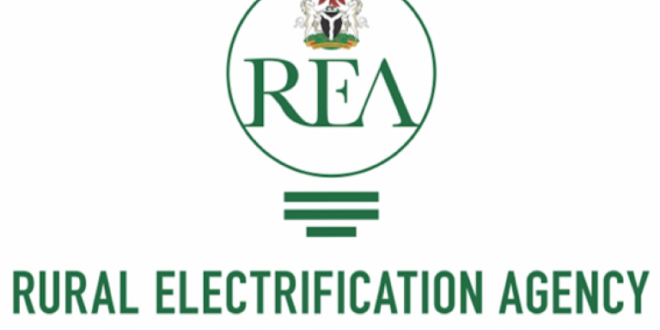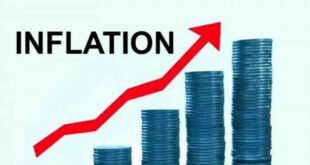The Rural Electrification Agency (REA) has announced its plans to provide electricity access to over 20 million Nigerians through a combination of solar power and mini-grid development projects.
This ambitious initiative is backed by a $750 million loan from the World Bank, with the International Development Association (IDA) playing a key role in facilitating the funding.
Acting director and chief executive of REA, Abba Aliyu, revealed that the agency aims to provide electricity access to 20.1 million Nigerians, utilizing various methods such as isolated mini-grids, interconnected mini-grids, and solar home systems.
This initiative is part of President Bola Tinubu’s commitment to electrify 23% of the country’s un-electrified population.
Aliyu emphasized the importance of the rural electrification fund (REF) in partnering with states to operationalize the new Electricity Act.
He also highlighted the $550 million natural electrification project, funded by the World Bank and the African Development Bank (AfDB), which has been instrumental in mobilizing private sector capital and deploying over 150 mini-grids across the country.
The REA’s mandate to bridge the electricity gap has led to the deployment of mini-grids in various sectors, including health institutions and universities.
Aliyu expressed optimism about the future, noting that the agricultural sector and electricity can work together to enhance farmers’ productivity.
This ambitious project is a testament to the Nigerian government’s commitment to improving the lives of its citizens through increased access to electricity.
By leveraging the power of solar energy and mini-grids, the REA is paving the way for a brighter, more electrified future for millions of Nigerians.
Subscribe to the Advocate News letter and receive news updates daily in your inbox.
 Advocate.ng Latest news update on politics, entertainment, sport and more
Advocate.ng Latest news update on politics, entertainment, sport and more




